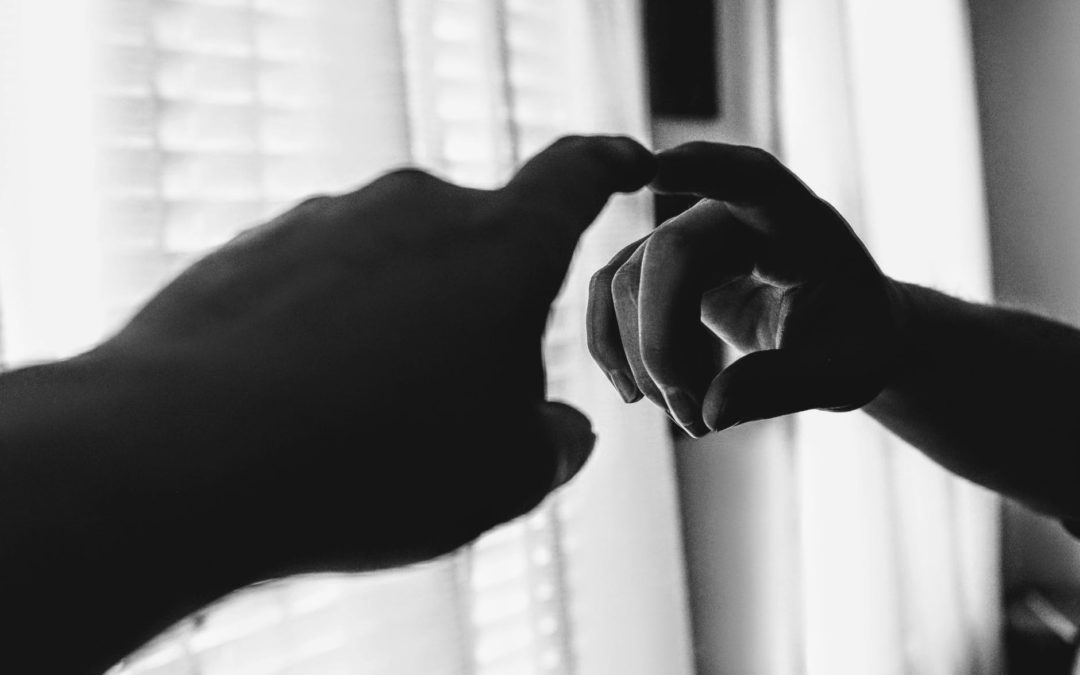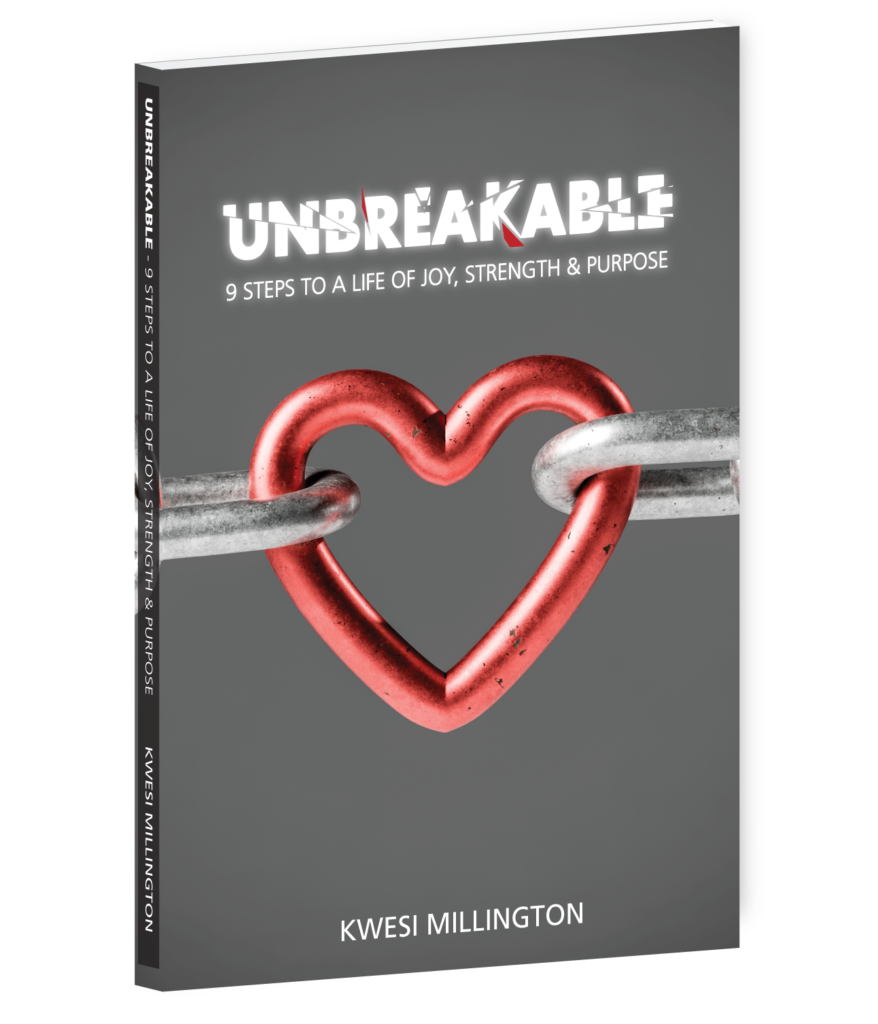When I was a kid, a teacher told my mom that I was ‘hyper-active’ and needed to be on drugs. The term “Attention Deficit Disorder” wasn’t as prevalent back then, so there was no official diagnosis, but Ritalin or its equivalent was recommended.
Thankfully, my mother said no thanks to putting me on any chemical cocktail. She attributed my energy to normal youthful exuberance, and sure enough when I ran into the right teachers (Thanks Mrs. Davis!), my ‘hyper-activity’ became less of an issue, and my high levels of energy were managed by the adults around me without the use of drugs. It makes me wonder today how many kids are taking pills for “conditions” that could be alleviated in other ways.
There seems to be a mismatch today between problems and their perceived solutions. I mean, ketchup used to actually be thought to be a medication in the 1800s! Now it just tastes good on hot dogs (and almost everything else!). The line “we used to think” is so common now. What used to be common practice often turns out to be laughed at years later. Implemented solutions need to be changed if they don’t work. Questions need to be asked if the problems persist even after the remedy has been applied.
If making it hard for kids to fail in school doesn’t insulate them from the fear of failure, then we need to look at other options.
If telling people they can do anything leads to them doing anything they want without reason, then we need to change the message.
If more virtual connection leads to poor personal communication, then the solution needs to be revisited.
Look, there are no permanent answers. The solutions we implement today may be rendered obsolete tomorrow. But yesterdays answers are no longer working, so we need to change the script. There are many lessons we can learn about resilience as well as teach others, but here are three that I learned in my childhood – and revisited as an adult – that have lasted the test of time.
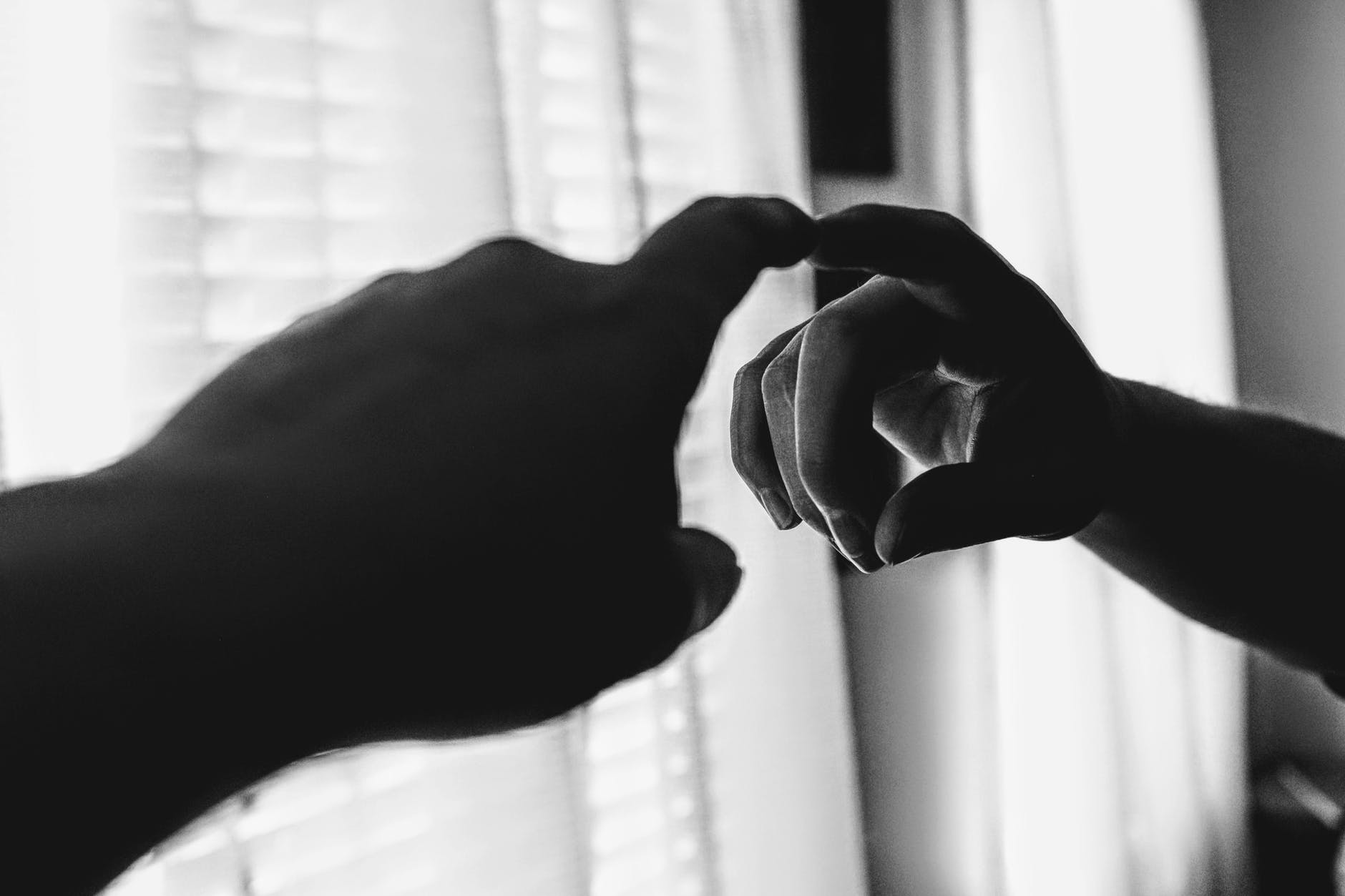
#1 – The Lesson of Hyper Accountability
Maybe you’ve heard of the story of the Scorpion and the Frog. If not, here goes…
A frog came upon a river that he needed to cross. Before jumping into the water, a scorpion came up to him. The scorpion said, “Hey Mr. Frog. I would like to get to the other side of the river as well. Maybe you could let me hop on your back as you cross since I can’t swim?”
The frog was wise to the dangers of a scorpion. He replied, “Mr. Scorpion, don’t think I’m so naive. I know that once I agree to your request, you will double-cross me, sting me, and I’ll die!” To which the scorpion countered, “That would be dumb! Since I can’t swim, you are my only way across this river! If I sting you, you may die, but so will I!” The frog looked at the scorpion suspiciously, but then agreed. The scorpion hopped on, and the frog started his swim. About halfway across the river, the frog felt a strange sensation. He knew what it was…he had been stung! Absolutely dumbfounded, the frog said to the scorpion, “How could you do that?! You’ve stung me yes, but now we’re both going down! We are both going to drown!”
The scorpion looked at the frog and simply said, “I couldn’t help myself. It’s just who I am.”
There are many lessons that can be pulled from this story. I believe one of them is a story of accountability. The scorpion knew who he was, but tried to deny his real self. At the end, he simply had no choice but to admit his true nature.
In life, many times people do not want to admit who they are. They blame other people and other situations for who they are or for what has happened to them. And disaster is the result. Had the scorpion freely admitted and owned who he was, the frog would never have agreed to give him passage across the river. There are many people who still cannot – or will not – admit who they are or what they have done wrong in their lives. These are the people that look out the window for someone to blame instead of looking in the mirror.
One of my favourite speakers, the late Jim Rohn said, “You pass from childhood to adulthood when you take responsibility for your life.” It does not matter what age you are, you can choose to own your actions. Own who you are and what you have done, always. When things go well, most people find it easy to take the credit. However, when things go wrong, many run from the blame.
Remember this phrase: For every Calamity, you are in some way the Contributor.
It may sound harsh, but let’s start asking ourselves and those we are responsible for the question: “How did I contribute to this situation?” This statement gives us the power to hold ourselves up to a higher standard and take accountability. Most problems, fights and even wars could be avoided if more of us – youth and adults alike – simply took more accountability for every situation we ended up in.
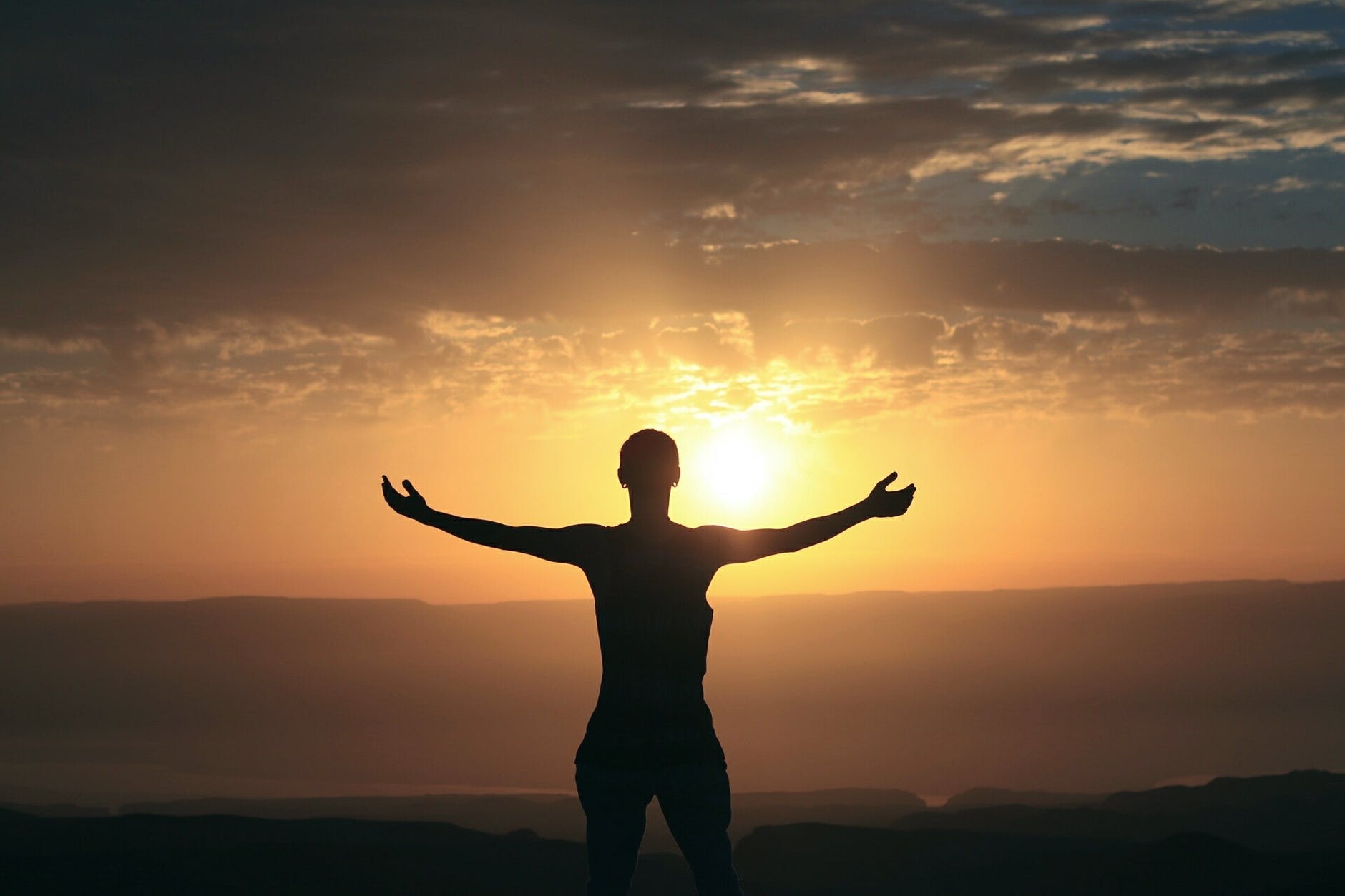
#2 – The Lesson of Hyper Awareness
When I was younger, I awoke one night with an awful earache. As goes with many an immature kid, I complained and made enough noise to deliberately wake my mother up. She came over and amidst my belly-aching asked to look at the ear. Noticing nothing, then finally fed up with my overreaction, she simply asked me “Is jumping around and yelling in pain making anything better?” By appealing to my higher brain rationality, she brought me back into the present moment and I immediately calmed down.
Our society is very past programmed and future focused. We are constantly thinking about the past events that have developed our personality, and always looking for the next. The next holiday. The next vacation. The next task to do. If we have trouble staying in the moment, imagine how much harder it is for our kids!
There is so much going on in our lives these days. From work, to social status and social media issues, to the pressures of everyday life. It’s truly only when we come back to the “now”, that we can handle everything as it comes. After all, tomorrow can’t come until we deal with today.
I truly believe that we can handle anything when we focus on ONE question: “What can I do NOW?” Not tomorrow. Not next year. But right NOW. What if we focusing on developing a “presence practice”? What if we take just 5 minutes out of the day to be still and just concentrate on breathing in quiet.
Practicing, and teaching our children and teens to take moments of awareness, teaches us all to by hyper-aware and present for more of the day. And the best way to teach something is to do it ourselves. Develop a regular “time-out time” for yourself. Start with 5 conscious breaths every day. Simple count your breath in and out for 5 repetitions, focusing only on the breath. Don’t worry about the time of day. Even though doing this in the morning will assure that you get it done, the time of day is not important. What’s important is that we learn the power of taking our own “time-outs”. This time of calm creates a resilient mindset that enables us to weather the storms that life inevitably brings.
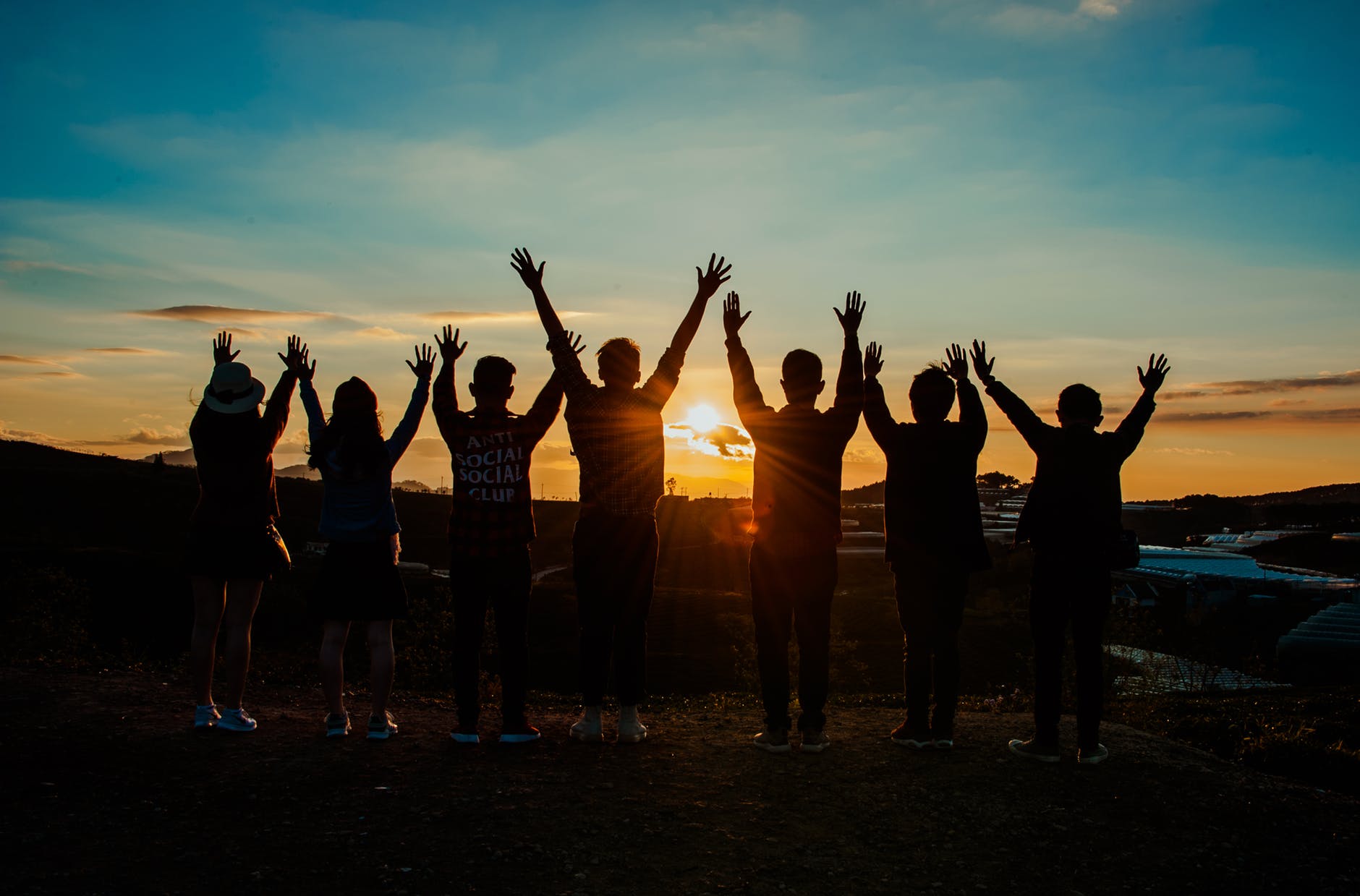
#3 – The Lesson of Hyper Accessibility
When I was wrongfully charged with perjury, I faced the possibility of no longer being a police officer for the first time. Thus, I started public speaking and developed a love for it. I became a coach, and started to speak to various groups. I loved the art of speaking and storytelling, but never shared the story of my own current struggle – facing the possibility of jail time for a crime I did not commit.
When my mother finally knocked some sense into me by telling me not to hide my story, I started leading with my story – standing ON it instead of behind it. I learned that there is power in vulnerability. I also learned that the struggle to be authentic is a universal one.
Along with keynote speaking, I also coach people on their speeches and presentations. What I’ve found is that when most people are asked to give a speech, they develop their speech around the historical heroes – Edison, Ghandi, MLK – instead of talking about THEIR own lives. They don’t believe that their lives hold any inspiration. Social media has fooled us into thinking that we don’t matter. We need to change that.
I’ve learned that it’s in our imperfections, that we make the deepest connections. When we share OUR struggles and insecurities with those around us, including our families and friends, we teach them to do the same. Feeling overwhelmed? Share that with those close to you. Unsure or scared? Tell them. When I speak – regardless of the age of the audience – I speak openly about my charge and conviction. And when I do, they share with me. When I make myself wholly accessible, as Marianne Williamson states, it gives others “permission to do the same”.
Think of the people throughout history that we remember and revere. Why do we talk about some people for generations, while others are lost in history? It always comes down to resilience.
We forget those who’ve had it easy. We forget those who had life handed to them on a silver platter. Those who haven’t had to demonstrate resilience in their lives disappear from memory within a generation. So who DO we remember?
We remember people who rise above failure. We remember those who take accountability for their lives. We remember those who have been knocked down again and again and have gotten back up to fight another day. And of all the lessons that the resilient have taught us, almost all have had these 3 things in common:
They took accountability for their lives and actions.
They were aware of their actions in each moment and took time to reflect on the present path.
They showed their unflinching authenticity in the face of their deepest struggles.
How do I know? Because I’ve been on both sides of the coin. I’ve been lonely, anxious and depressed at many points in my life, and I’ve come out on the other side. I’ve sat in a jail cell for 23 1/2 hours a day unfairly, which came with the blessing of being able to pull these 3 lessons out as among the most important to practice and preach.
The world is waiting for you to be an example. Whether it’s for your spouse, your kids or just for those around you, we are all influencers. Practice and teach the lessons of accountability, awareness and accessibility, and watch your life and the lives of those around you change forever.
To book me to speak to your group, visit www.kwesimillington.com.
Talk soon,
Kwesi

